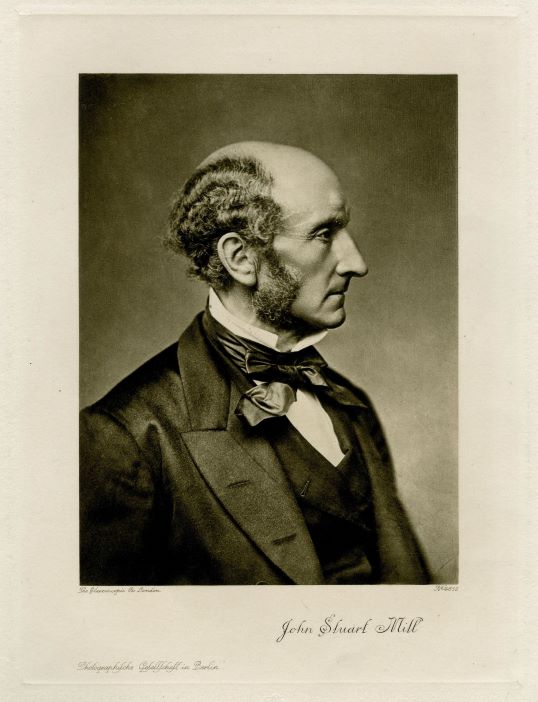Liberty Matters
The Relevance of J. S. Mill

Perhaps more than any economist of his achievements, Mill’s stature in the profession has been underplayed. (George Stigler’s account is, however, an exception, as Stigler clearly demonstrated Mill’s originality and continued relevance.[102]) The question I posed in my last post, and one that Steve Kates asks us to consider, is what is there to learn from Mill? Kates has offered a number of answers to this: the emphasis on supply, on technological improvement, on improvement of any sort. To his insights I would add that Mill would have us focus on complexity. More than this, Mill urges us to be humble. He reminds us that complexity implies unpredictability for the scientist. If the world is as complex and shifting as Mill maintains it is, then it is enormously difficult for a scientist accurately to predict the effects of wide-scale reform.[103] For this reason reform must be agreed upon in a sometimes long and protracted discussion that may well entail compensation for those who lose as a result of the change. More than this, experimentation on a small scale becomes an essential tool for reform – the scientist observes what people actually do and in so doing gains confidence that x will work in situation y. Since situations often differ significantly, the scientist must then examine whether y’ is close enough to y for x to work. If this is an accurate characterization of Mill’s method, he was a very different sort of economist from those who teach in graduate programs or offer up policy advice today.
Endnotes
[102.] George Stigler, “The Nature and Role of Originality in Scientific Progress,” Economica n.s., 22 (November 1955), pp. 293-302.
[103.] Samuel Hollander and Sandra J. Peart, “John Stuart Mill’s Method in Principle and in Practice: A Review of the Evidence,” Journal of the History of Economic Thought 21 (December 1999), pp. 369-97.
Copyright and Fair Use Statement
“Liberty Matters” is the copyright of Liberty Fund, Inc. This material is put on line to further the educational goals of Liberty Fund, Inc. These essays and responses may be quoted and otherwise used under “fair use” provisions for educational and academic purposes. To reprint these essays in course booklets requires the prior permission of Liberty Fund, Inc. Please contact oll@libertyfund.org if you have any questions.